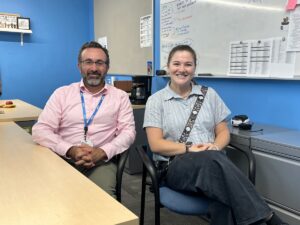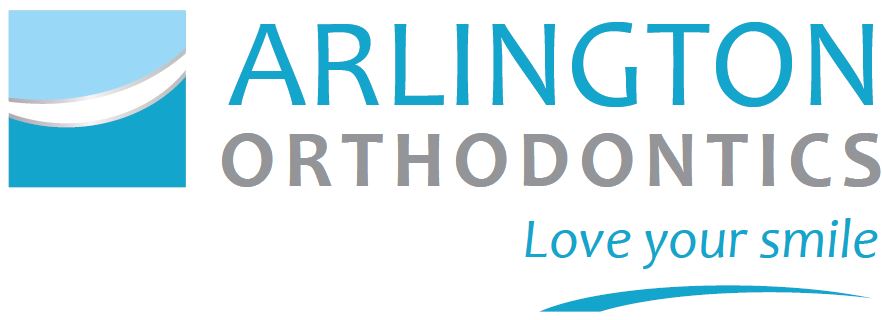 “People’s success is about skill, not will,” says Katie Miller.
“People’s success is about skill, not will,” says Katie Miller.
A school counselor at the Gibbs School, Miller grows animated as she discusses an approach to discipline called Collaborative Problem Solving (CPS), in which she and colleagues across the district received summer training. She says the CPS motto of “skill, not will,” offered her a new lens on her work with sixth-grade students and their teachers. Now, when she hears from a teacher with a challenging student, or from a student struggling to meet school expectations, she asks herself what skills the student may be missing and how she, the teacher and the student can collaborate to build that skill. “People do well if they can,” she adds.
The CPS summer training, funded in part by a $32,000 District Investment grant from the Arlington Education Foundation, is part of a district-wide initiative to align disciplinary approaches at the town’s three secondary schools. Arlington High School has been using the CPS model (a program of the Department of Psychiatry at Massachusetts General Hospital) for about a decade, while Ottoson Middle School and Gibbs are in the early stages of implementation.
AHS Principal Matthew Janger says the AEF grant will allow the high school to deepen and re-energize its work in CPS. A key part of the model, he says, is encouraging staff to think in terms of a Plan A, B, and C when it comes to student misbehavior. Plan A is what he refers to as “the adult plan,” whereby, if a student breaks a rule, there’s an immediate consequence (from a lower grade to suspension) aimed at encouraging them to follow it next time. Plan C is what he calls “the student’s plan, where the teacher just drops the expectation.” Plan B, on the other hand, asks staff to consider that misbehavior may reflect the absence of a skill and collaborate with the student on improvements.
He credits CPS with helping reduce the average annual suspensions at AHS from about 75 to 20, and with improved relationships between adults and students. He also stresses that CPS is not about giving in or letting students get away with bad behavior, but rather seeking to understand the reason for it and engage students in the solution.
“If a kid is chronically late, and you ratchet up the consequence, and they’re still late, there’s got to be more going on,” he said. “If the kid doesn’t know how to be on time, punishing them for being late doesn’t teach the skill.”
Ottoson Middle School, which is in the first year of implementing CPS, had approximately 25 staff and some families participate in the August training, and Principal Rochelle Rubino said she already sees the results at work. “We’re turning to CPS to engage in difficult conversations and help students engage collaboratively with an adult around a challenge,” she said, noting that the model helps in situations ranging from a student having trouble with homework to one refusing to attend school.
She said she’s grateful to AEF’s grant for continued professional training during the school year. She also believes the shared language of Plan A, B, C across grades 6-12 will be beneficial to staff and students, a sentiment echoed by both Dr. Janger, of the high school, and Andrew Ahmadi, principal of Gibbs.
While Gibbs sent only a few staff to this past summer’s workshop, Ahmadi said he’s been excited to see participants like counselor, Katie Miller, share her knowledge with others. He hopes to offer more formal training to staff during the school year, as well as next summer. “It was a very powerful experience,” he says.
Reflecting on how the workshop informs her day-to-day experience at Gibbs, Miller says the Plan A, B, C language helps her and her colleagues keep in mind that they always have a choice in their response and a range of tools available. “There are times I get a call from a teacher, and we don’t have time, and we have to accept that the student won’t meet the expectation right in the moment,” she says. “But you do so knowing that when you have more time, you can work on a Plan B.”








